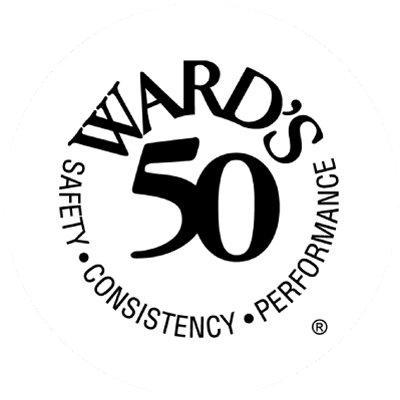Students need to take responsibility for their health and keep in mind the health of their families and friends. Going back to school can be an anxious time this fall, but some general insight can help to make the transition back to school easier.
Basic Facts
- Throughout the U.S., coronavirus cases are rising among college-aged people. The spread of the virus has been connected to events such as parties, drinking at off-campus barsand athletic practices1. If there are outbreaks of the virus this fall, campuses may be forced to shut down again.
- According to the Chronicle of Higher Education, which is following the plans of more than 800 colleges, two-thirds of colleges are planning to welcome back students in person, and 7% are planning to hold classes online only2.
- Families should look at the website of the college to see what plans the school has in place and what other information has been communicated to students, families and faculty3.
Guidance from the CDC for Living On Campus
While it’s difficult to predict where cases of the virus will surge, there are steps that college students can take to keep themselves, and their family and friends safe.
According to the CDC, the guidelines below should be followed on campus4:
- In dorms: Don’t share items with roommates or others, and if you do share, clean and disinfect items first.
- Shared bathrooms in dorms: Don’t place toothbrushes directly on counter surfaces and use totes to carry personal items, limiting contact with other surfaces in the bathroom.
- Classrooms: If they fit your educational needs and are available, enroll in online classes. If going to in-person classes, wipe down your desk with a disinfectant wipe if possible. Create physical distance between other students by skipping seats, and avoid placing your personal items such as cell phones on your desk.
- Dining halls and meals: Don’t share food, drink, utensils or other items. If possible, pick up “grab-and-go options” and avoid buffets and self-serve stations.
- Laundry rooms: Clean and disinfect surfaces that have been touched by others, such as buttons on the washing machine).
Cloth mask usage5:
- Make sure you can breathe through it
- Wear it whenever going out in public
- Make sure it covers your nose and mouth
- Wash cloth masks in the warmest appropriate water setting for the fabric after using.
Health Considerations On-Campus
A few things both parents and students may want to consider:
- Where is the student health center, and what happens if a student is starting to have symptoms? It’s best to stay in the dorm room and contact the school’s health service to make an appointment so that they can anticipate the student’s arrival for evaluation of symptoms6.
- If there is no health clinic, where will they send students with health care needs7?
Arming yourself with information beforehand will go a long way to ensuring both you and your students feel as safe and secure as possible.
Sources:
4. https://www.cdc.gov/coronavirus/2019-ncov/community/colleges-universities/index.html
5. https://www.cdc.gov/coronavirus/2019-ncov/downloads/College-Poster-COVID-Tips-for-Students.pdf


